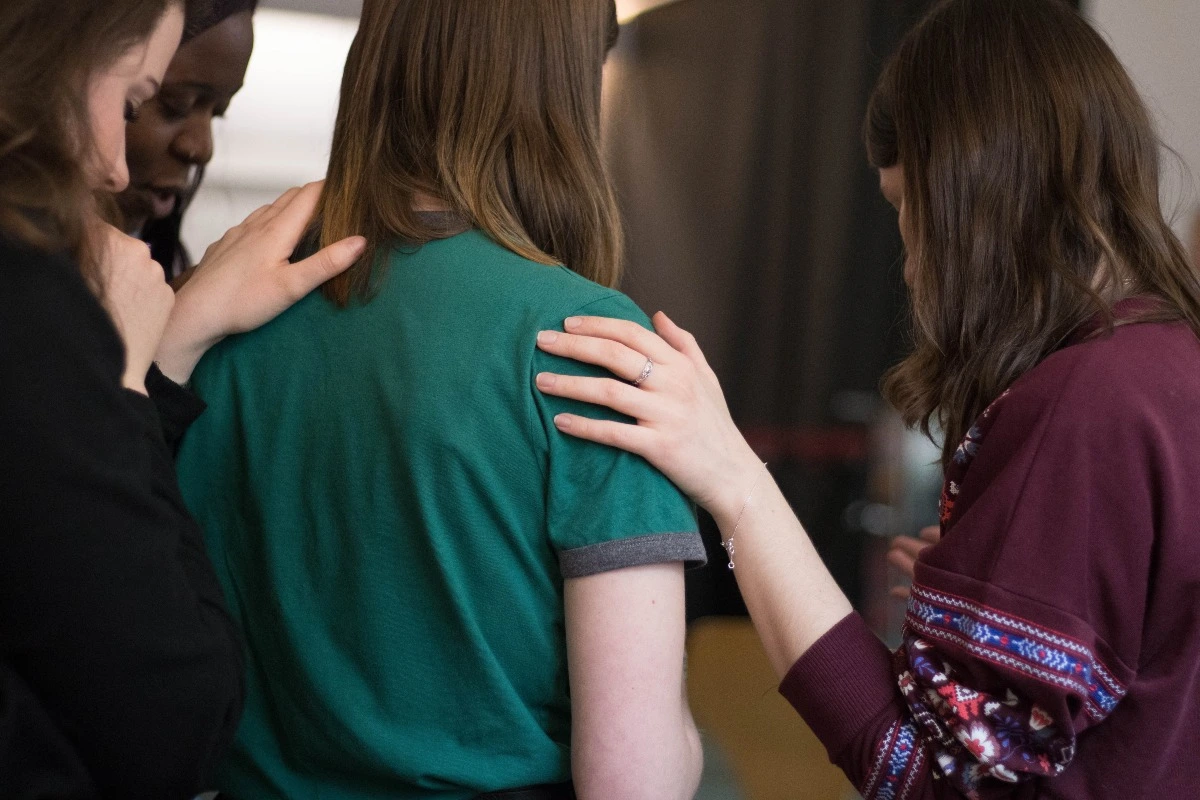How to Open Up in Group Therapy
Learning how to open up to others is essential for your recovery journey. Many recovery facilities, such as Restoration Recovery Centers, offer group therapy. Group therapy is a great setting to learn how to be vulnerable, tell your story, and express your feelings. The idea of talking about your feelings and past experiences to a group of strangers may seem incredibly intimating at first, but the more you get to know the people in your program, the easier it will be. Skills you learn during group therapy about how to open up to others can transfer to the relationships in your personal life.
How to Open Up to Strangers
Being vulnerable in front of strangers can be incredibly daunting. You may be afraid of being judged for your past mistakes and find it difficult to trust strangers with your recovery story. Learning how to open up to strangers can make it easier to be open with your loved ones. The benefit of opening up to a stranger is that the stakes are relatively low.
For instance, if you have an uncomfortable exchange with a person in group therapy, you can always leave. You are in no way required to explain yourself in a way that makes sense to the person. In fact, you never have to engage with that person again if you don’t want to. Group therapy can be used as a practice run for discussing your recovery journey with loved ones. If the idea of talking to a group of strangers makes you tremble at your core, here are a few tips to mitigate your social anxiety.
Practice Makes Perfect
If you are nervous about speaking in group therapy, practice what you’re going to say at home. Having a script will make you feel more prepared. It can give you a sense of control because you won’t be talking completely off the cuff. Prepping before speaking at a group meeting also gives you the opportunity to find the most succinct way to tell your story. This way, when you do decide to speak during a session, it will be like ripping off a band aid.
Use Mindfulness
You can use mindfulness to prevent yourself from obsessively worrying about “what ifs” during a group session. Many recovery facilities like Restoration Recovery Centers offer mindfulness-based practices that can help you better participate in group therapy. Mindfulness will help you stay in the present moment and prevent your mind from jumping to the worst-case scenario. One way to stay in the moment is through active listening. This means lending your feedback to group members or even just asking questions about their stories. The more engaged you are during group sessions, the easier it will be to stay present and gain the confidence to share your own story.
It’s Always OK to Just Listen
The benefits of group therapy aren’t just limited to what you say during a therapy session. It’s also beneficial to listen to other people’s stories and hear how they’ve dealt with difficult circumstances that may be similar to your own. Listening to other people’s stories may give you a new perspective on your own circumstances. When you realize that your story isn’t so different from theirs, it will be easier to open up to the group.
Finding the Right Treatment Program to Open Up To
It may take you a few weeks to adjust to group therapy and become comfortable sharing your story with others. However, if months pass and you still aren’t comfortable, then the program you are in might not be the right fit. It’s important to give everything a chance, but it’s also essential to recognize when something isn’t working. You may have to try multiple group therapy programs before finding one that works for you.
You’ll know a group therapy program is a good fit for you if you are able to relate to your peers’ stories, feel safe opening up to the mental health professional, and are gaining helpful tools and insights from the sessions. There is no secret trick that will help you find the right group therapy program. However, you can try looking for a program that might be more specific to your recovery goals. For instance, this could be joining a recovery group specifically geared toward your gender or religious ideologies.
What Happens When You Open Up
Group therapy can provide you with a sense of community and help you build peer relationships. Opening up to others is essential for making the meaningful connections necessary for your social well-being.
Furthermore, opening up to the people in your life will allow them to extend empathy toward you and be more understanding of your circumstances. When you practice communicating your feelings to others, it becomes easier to express your needs and wants from a relationship. It will also be easier to set boundaries and be honest with the people in your life. In general, opening up to loved ones will give them the information they need to be better members of your support system. They’ll better understand how to comfort you when you’re sad or encourage you when you’re feeling a sense of hopelessness.
Group therapy can help you open up to others and give you the tools you need to build your support network. It can also help you build healthier relationships in your life. Restoration Recovery Centers understands the importance of building community during recovery. We offer a nonjudgemental space where you can connect with peers through activities such as hiking or kayaking. Our mental health professionals can work with you to build the skills you need to be open and honest with the people in your life. If you or someone you know is struggling with substance use, call (888) 290-0925 to learn how Restoration Recovery Centers can help you restore your life’s purpose and heal from addiction.






